Land Acknowledgement



VCC, the provider for this course, is located on the unceded and ancestral territories of the Musquem, Squamish, and Tsleil-Waututh Nations, which have been stewarded by them since time immemorial.
I'm grateful for the opportunity to take this course on these territories.
Introduction

A little bit about me: my name is Yuri Tricys. I'm a Canadian from Lithuanian and African American descent.
I'm a web developer, researcher, and consultant.
I come from a varied educational background, having studied formal sciences, history, literature, economics, and during the last 12 years web development.
Today I'm going to talk about talk about AI in general, and then we are going to do some collabarative discussion about AI and teaching
I've prepared some questions we can discuss in the collobarative part of our discussion.
1. Is AI an impediment to learning? Does it slow student learning?
2. How might we guide students to learn more with AI as a tool?
3. What rules might educators want to enforce (if any) with respect to student's use of AI?
Overview of AI industry and models
Here is a link to a webpage with logos from a few of the current AI companies:
https://xyz-abc-show-and-tell.github.io/pidp/3320_facilitating_online_learning_fundamentals/logo_page.html
The point I want to make, is that many of these companies are to some extent resellers.
They may be using propietary data for training, or fine tuning the models -- or even using a variety of models -- but for the most part there are only a handful of 'big' AI providers, who are training models on billions of paramaters.
We're going to talk about those big companies in this presentation
OpenAI

- Founded: 2016
- Market Cap: $300B
- Employees: 500 - 2000
- Projected Revenue 2025: $12.7B
Generative Pre-trained Transformer architecture. Models are trained on diverse internet data and fine-tuning with reinforcement learning from human feedback.
Broad consumer and developer adoption, focusing on general-purpose AI.

GPT-4o (“o” for “omni”): fast response, produces images, video, text
Foundational/Technical Papers:
- Attention Is All You Need (Vaswani et al., 2017): https://arxiv.org/abs/1706.03762
- GPT-4 Technical Report (2023): https://arxiv.org/abs/2303.08774
Google Gemini
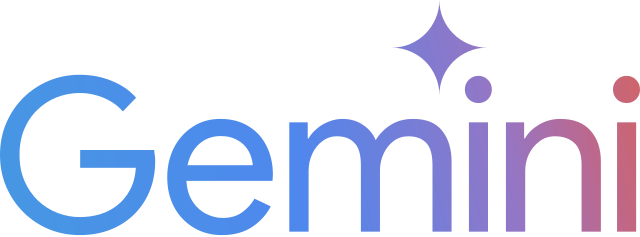
- Founded:2023
- Market Cap: $1.9T (ABC)
- Employees: 180,000+
- Projected 2025 Revenue: $1-9B
Gemini project: large-scale collaboration led by Google DeepMind. Specialized "Flash" models for low-latency applications.
Foundational/Technical Papers:
- BERT: Pre-training of Deep Bidirectional Transformers for Language Understanding: https://arxiv.org/abs/1810.04805
- Gemini: A Family of Highly Capable Multimodal Models (2023): https://arxiv.org/abs/2312.11805
Meta Llama
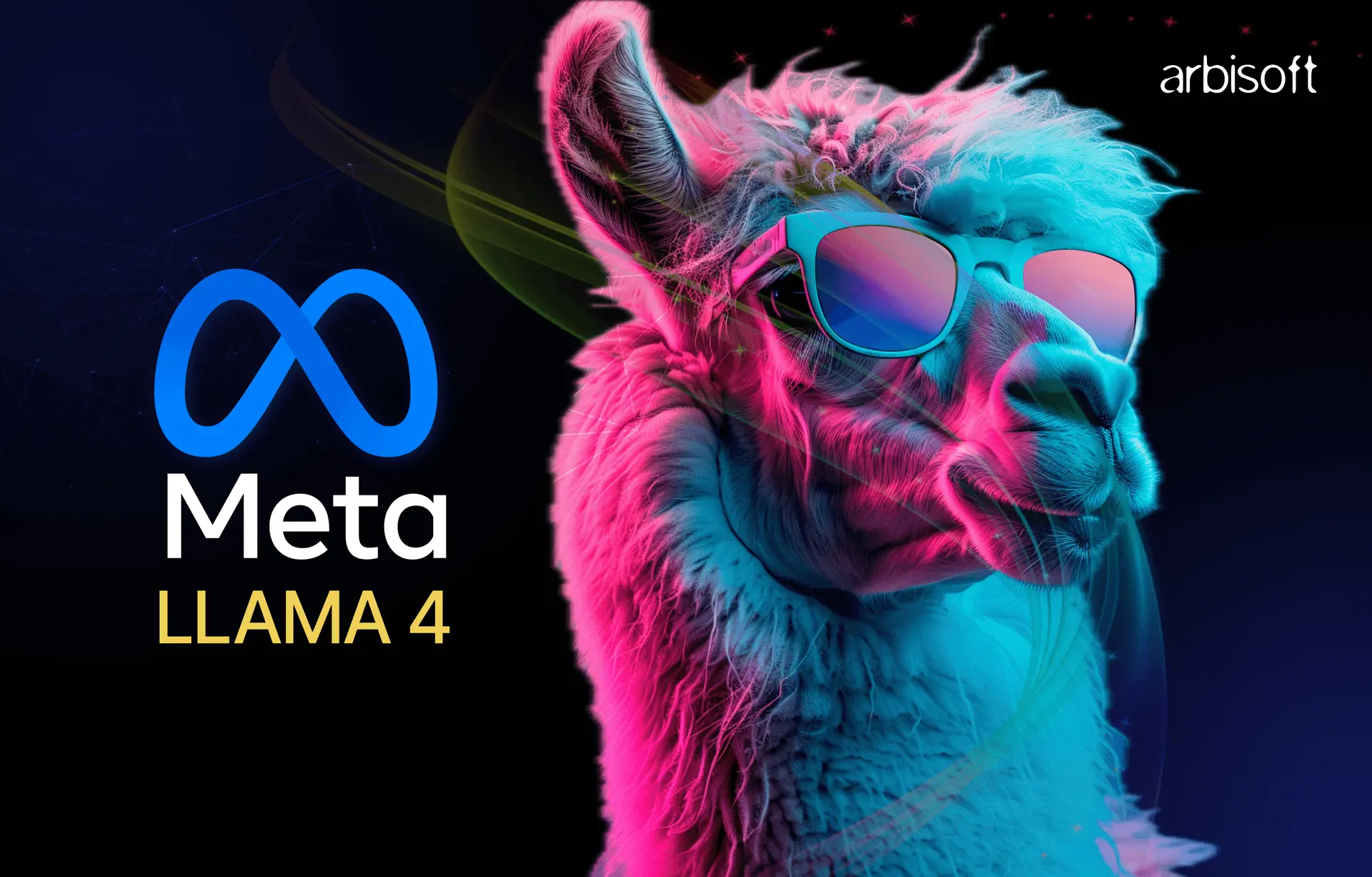
- Founded: 2023
- Market Cap: $1.2T (Meta)
- Employees: 70,000
- Projected 2025 Revenue: ?
Released Llama in various sizes to democratize access. Trained on publicly available datasets.
Foundational/Technical Papers:
- LLaMA: Open and Efficient Foundation Language Models (2023): https://arxiv.org/abs/2302.13971
Anthropic
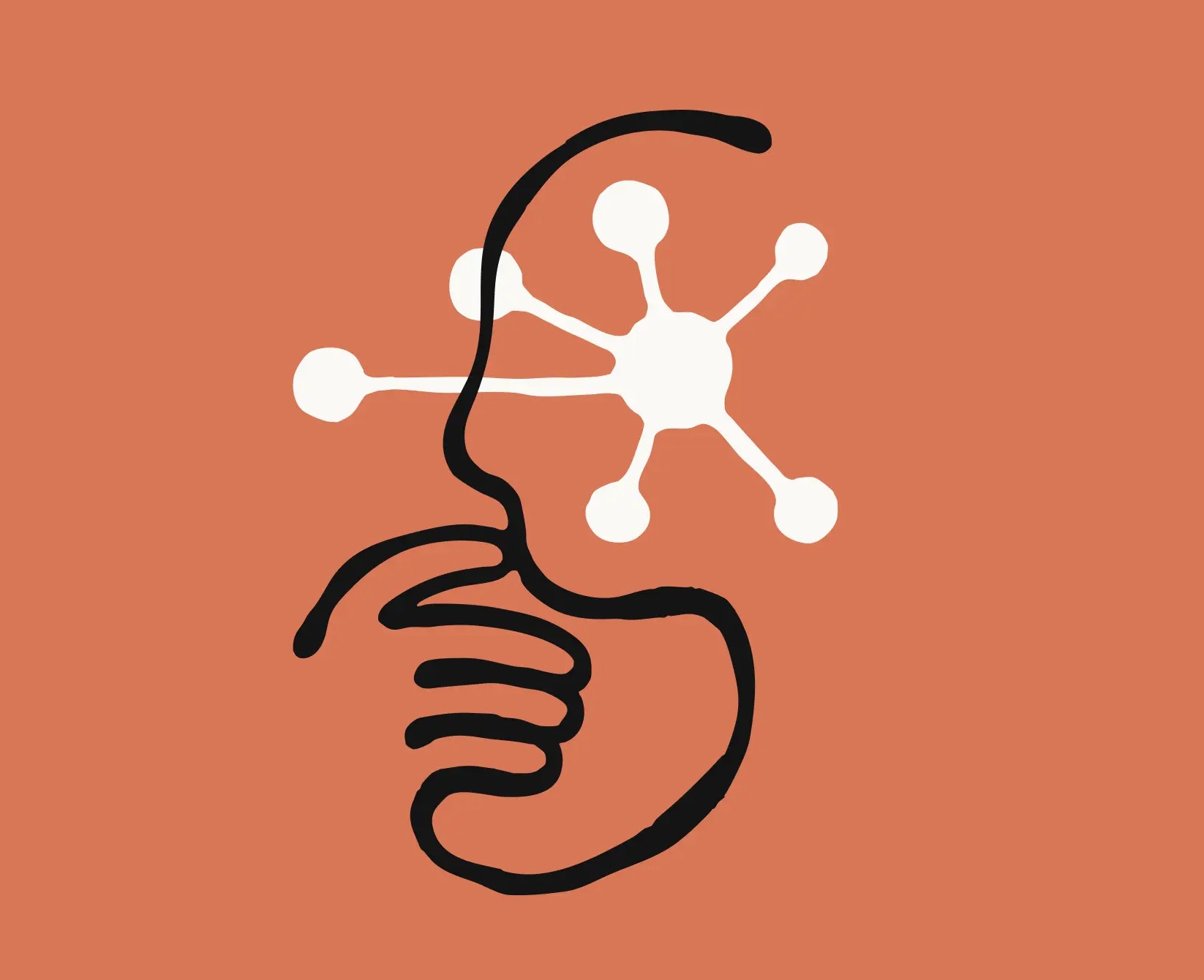
- Founded: 2021
- Market Cap: $18–20B
- Employees: 400 - 500
- Projected 2025 Revenue: $1.2B
The founding team left OpenAI. OpenAI is a public benefit corporation prioritizing social good. Flagship model: Claude (Shannon). Focus on AI safety.
Foundational/Technical Papers:
- "Concrete Problems in AI Safety" (2016): https://arxiv.org/abs/1606.06565
Baidu ERNIE
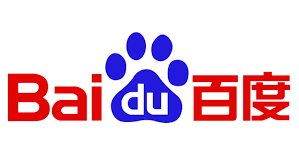
- Founded: 2019
- Market Cap: ?
- Number of Employees: ?
- Project Revenue 2025: ?
Leaders in China, powering applications with rapid user growth. ERNIE models integrate structured knowledge.
Foundational/Technical Papers:
- ERNIE: Enhanced Representation through Knowledge Integration (2019): https://arxiv.org/abs/1904.09223
DeepSeek
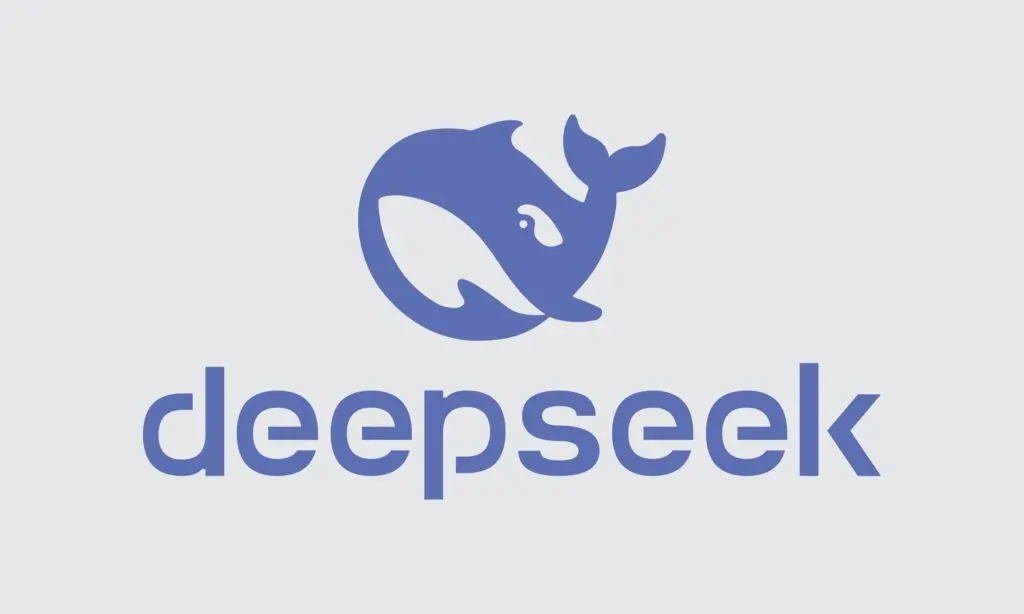
- Founded: July 2023
- Market Cap: ?
- Employees: ?
- Projected 2025 Revenue: $100M
China's large language models with multimodal capabilities and large input token capacity.
Foundational/Technical Papers:
- DeepSeek-V3 Technical Report (2024): https://arxiv.org/abs/2412.19437
Qwen (Alibaba)
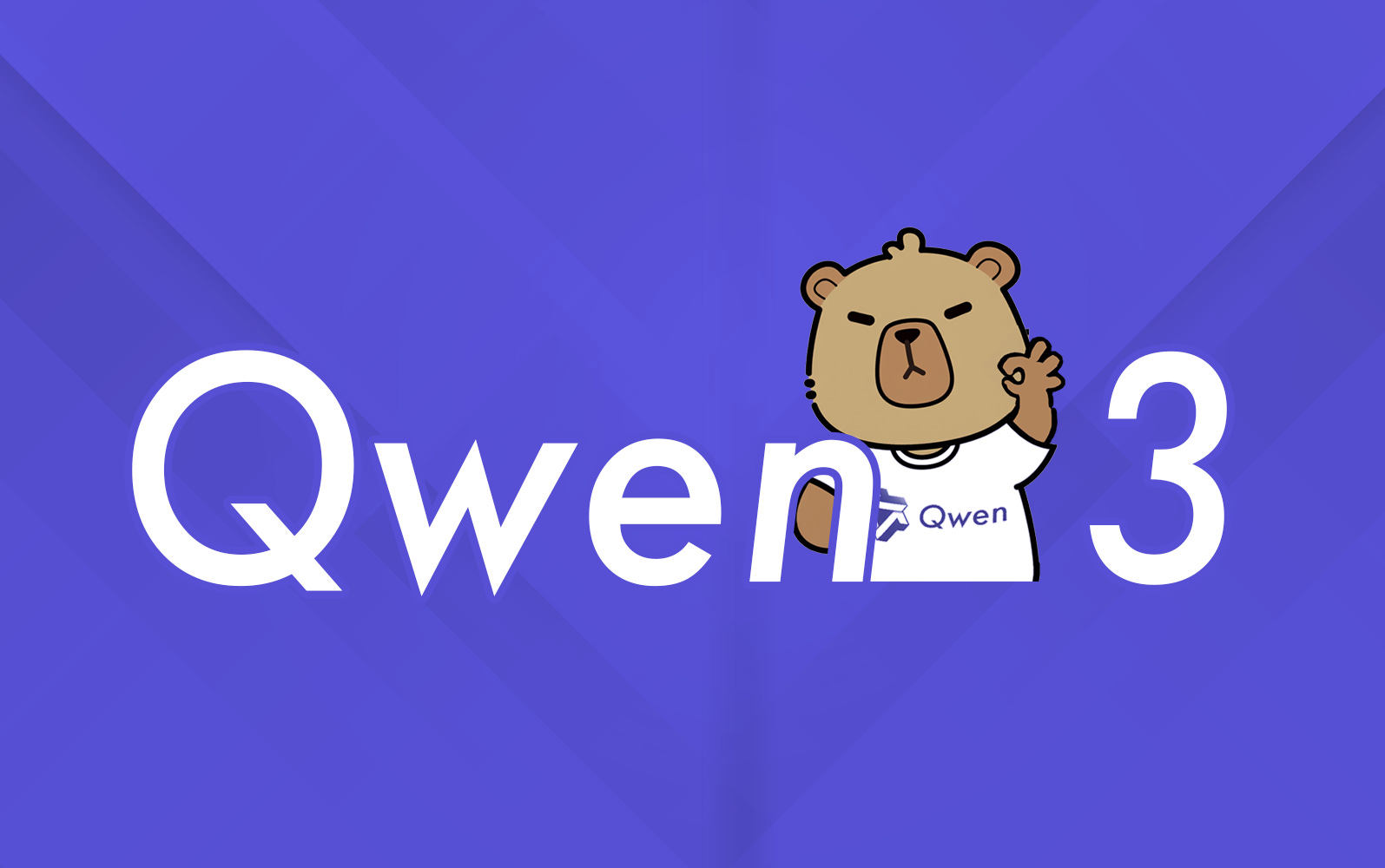
- Founded: April 2023
- Market Cap: $1.9T
- Employees: 220,000
- Projected 2025 Revenue: ?
Alibaba's push into LLMs, focusing on specialized reasoning capabilities.
Foundational/Technical Papers:
- Qwen 3 Technical Report (2025):https://arxiv.org/abs/2505.09388
Grok (X - Elon Musk)
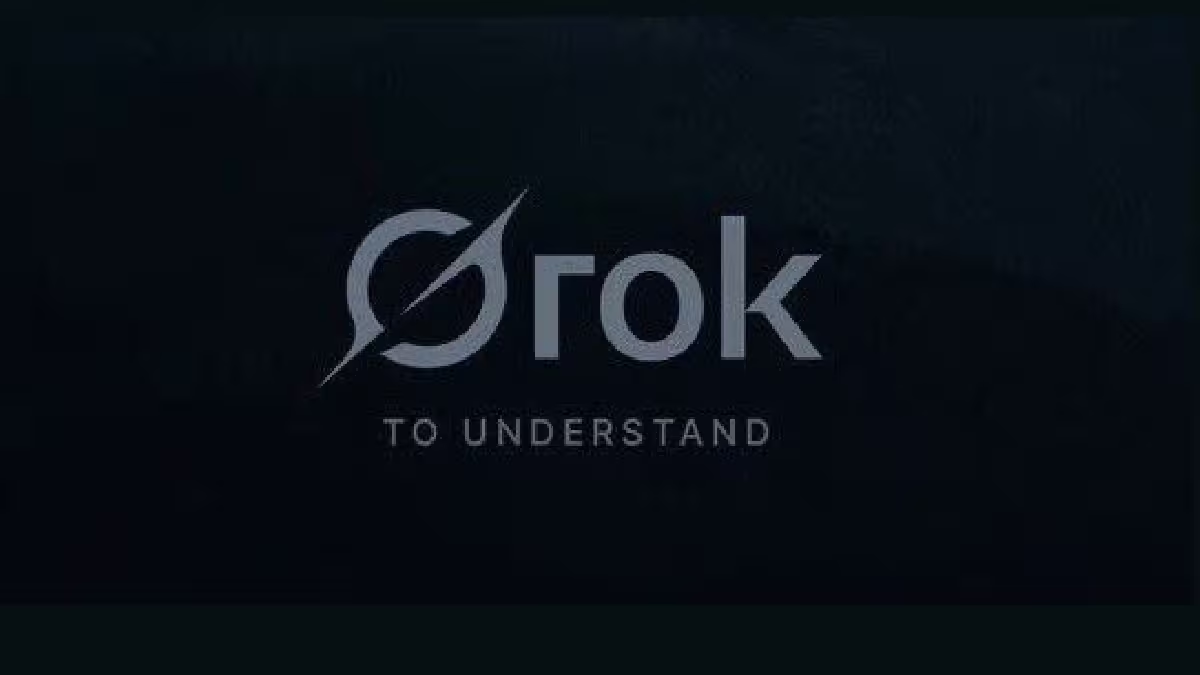
- Founded: 2023
- Market Cap: N/A (Private)
- Employees: 100+
- Projected 2025 Revenue: $100M+
The name "Grok" is inspired by Robert A. Heinlein’s 1961 science fiction novel Stranger in a Strange Land, where "grok" means to understand something deeply and intuitively.

In various comic book series, however, 'Grok' is a clone created from the body of 'Andre Frost' after the Martian Masters had killed him and forced his daughter Carmilla to replicate him.
The Grok models are known for their "witty," "rebellious," and "edgy" responses, designed to answer questions that other AI systems might avoid.
Perplexity
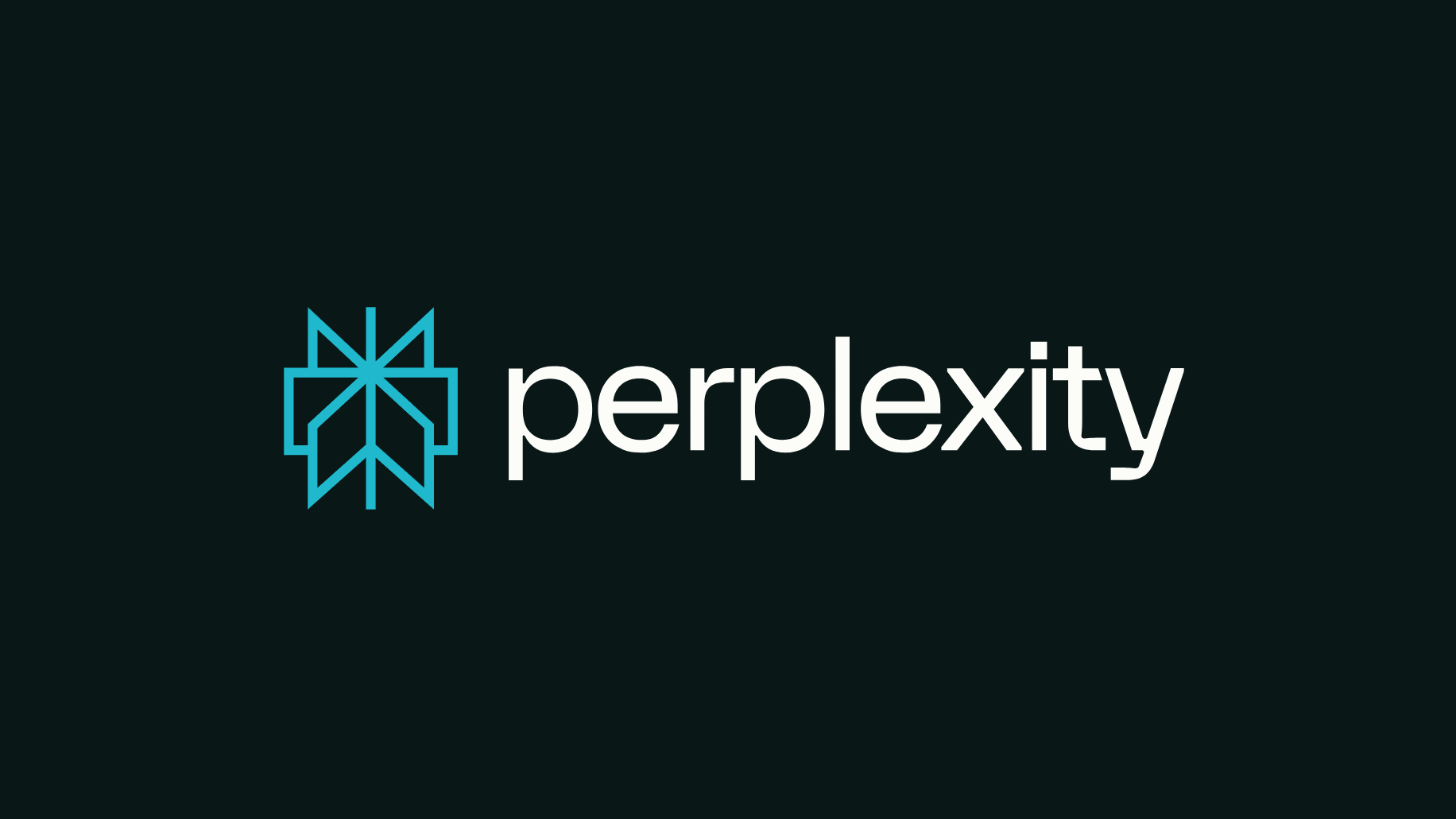
- Founded: 2022
- Market Cap: $18 billion
- Employees: 247
- Projected 2025 Revenue: $100 million
CEO is former AI researcher at OpenAI. Their vision was to create a conversational AI-powered answer engine that could synthesize information from multiple sources and present it in a concise, verifiable manner (make web search more exact and verifiable).
Foundational/Technical Papers:
- Papers: Retrieval-Augmented Generation Paper (2005) :https://arxiv.org/abs/2005.11401
Other Large Companies
- Amazon Bedrock’s Titan models [propietary/private data]
- IBM [Granite/Watson - industry]
- Microsoft's Copilot [GPT]
- Mistrel [France - former FB/Google - open source]
- Black Forest Labs [Germany - Mistrel/Microsoft]
Collaborative Learning Discussion
Follow up Slide Show Q&A
AI Impediment to Learning
Is AI an impediment to learning? Does it slow student learning?
1. Overreliance on AI tools can hinder the development of critical thinking and problem-solving skills
2. Excessive use of AI-powered resources, such as grammar and spell checkers, can impede language learning and writing skills
3. AI-assisted tools can create a dependency on technology, potentially undermining students' ability to work independently
Guiding Students AI Use
How might we guide students to learn more with AI as a tool?
1. Encourage critical thinking and problem-solving using AI-generated content
2. Implement AI-assisted adaptive learning systems for personalized education
3. Teach students to evaluate AI-generated information for accuracy and bias
Drawing A Line
What rules might educators want to enforce (if any) with respect to student's use of AI?
1. Require students to disclose AI usage and tool use (proper citations?)
2. Mandate that students demonstrate understanding of AI-generated content
3. Prohibit AI-generated content without substantial student input or editing